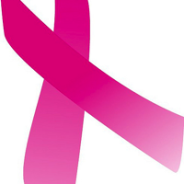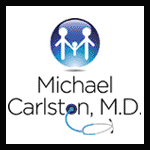
Many years ago a study came out linking increased use of antibiotics to an increased rate of breast cancer. That study considered cumulative use of all antibiotics, not one specific antibiotic, thus suggesting a range of possible causes. There was insufficient evidence to prove that the antibiotics caused the breast cancers or even certainly made women more vulnerable. Maybe so, but not proven. Maybe changing the bacteria inhabiting women’s bodies influenced risk or impaired the normal cancer eliminating activities of the immune system. Maybe women who took more antibiotics were simply more likely to have mammograms, which we know tend to discover many breast cancers that do not need to be found. There were just too many questions to know what it all meant.
Other studies, scattered over the years and appearing in minor medical journals, have found links between a diverse variety of cancers and medication use. Again, definitive proof is lacking. Cancers develop over years or even decades. From our habits and environment, each of us has innumerable exposures to many, many potentially cancer causing factors. Combining these exposures with medication use, including a certain medication or combinations of certain medications, assuredly leads to a massive range of effects.
Nailing down the truth is extremely difficult. Such uncertainty allows for nearly any interpretation you want to make. Just ask the tobacco industry about that.
A new study does a pretty reasonable job of linking one class of blood pressure medications to invasive breast cancer. Investigators considered the impact of calcium channel blocking medications (NORVASC, PROCARDIA, CARDENE, CALAN). Women with breast cancer were 2.5 times more likely to have taken calcium channel blockers (usually for high blood pressure) for 10 or more years than women without cancer. Again this link does not prove causation. However, combined with other studies linking calcium channel blockers to breast and other cancers, suspicions are rising.
Nearly 100 million Americans are prescribed calcium channel blockers each year. If they do raise the risk of cancer, the consequences are pretty big.
Although calcium channel blockers were found connected to breast cancer, unlike other blood pressure medications in this study, that finding should not make you complacent about other drugs. As we all know, breast cancer is not the only health problem to which people are subject. Much more can go wrong. Just as they can help manage symptoms, medications can harm us.
The bottom line message to me is pretty much the same song I always sing – Be very careful about what you put in your body and be even more careful when it comes to powerful prescription drugs.
